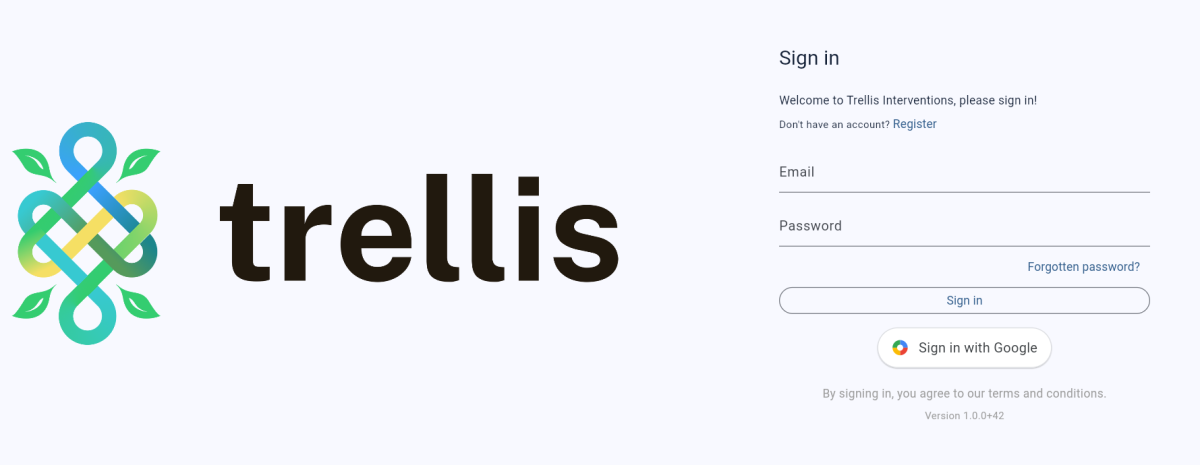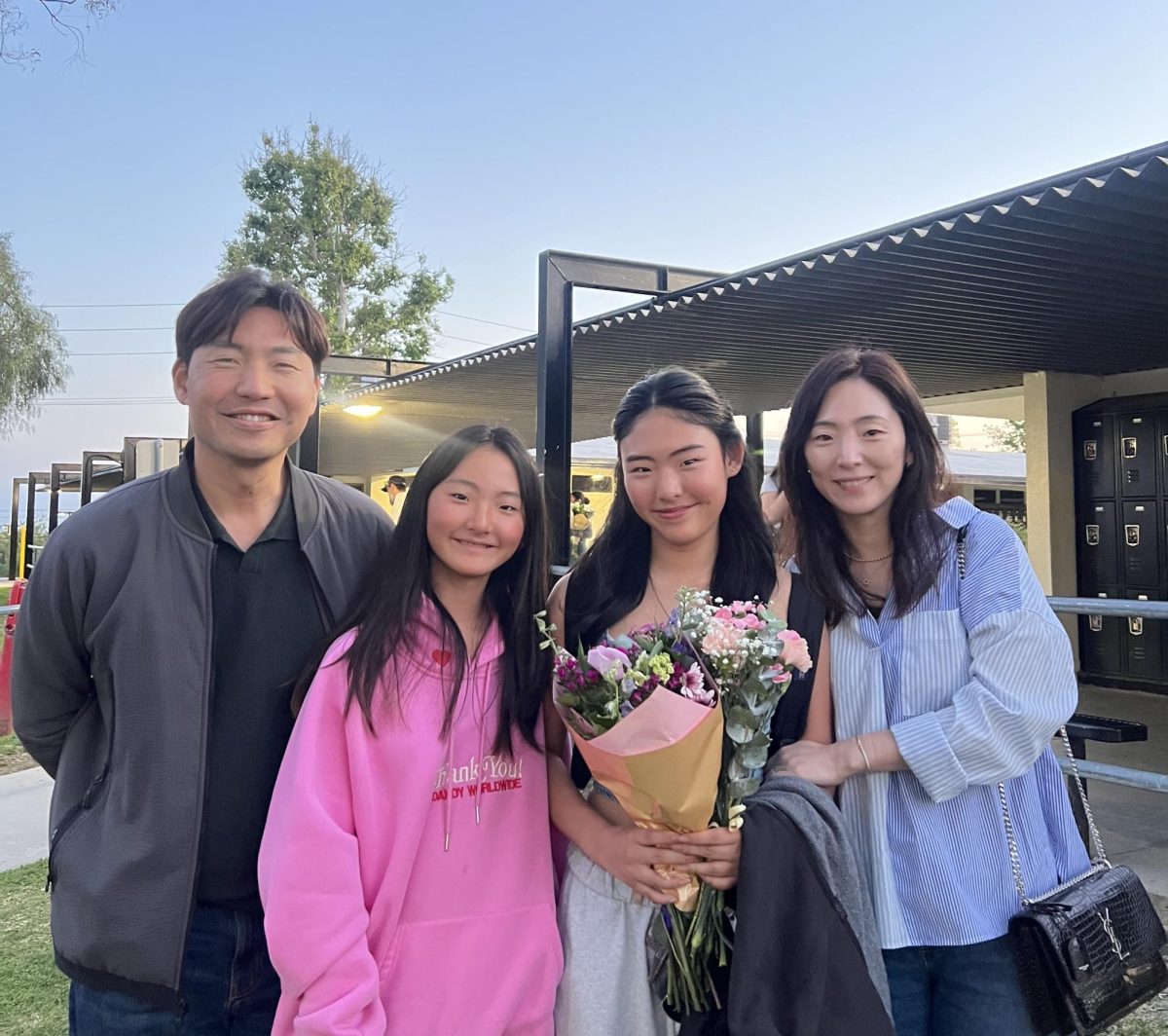Teachers, don’t let student teachers outshine you
October 26, 2022
As the student teacher sets up his phone to record himself educating my sophomore Algebra 2 Honors class to submit for college credit, my peers and I awkwardly unpacked the notes our teacher told us to take out to prepare for yet another lecture through the student teacher’s inexperienced teaching.
Though some students may enjoy the idea of having an extra instructor, I believe allowing only the teacher to have the spotlight and full control in the classroom would not only benefit the teacher’s sanity but also the students’ grades.
This was not my first experience with an unprepared instructor leading the classroom. My fourth grade class was also accompanied by a young student teacher, hoping to fulfill his college requirements.
Last year, I never expected that my Algebra 2 Honors class would end up being the most stressful and difficult part of my schedule. That was until a new, unfamiliar face was introduced to the class in the beginning of the second semester.
Because my student teacher never had experience with teaching prior to this class, his eyes would constantly peer over at the answer key as he lectured us. Somehow even with the help of the answer key, he would fail to coherently teach us anything.
Instead of a fresh new way of presenting the lesson plan, he attempted to follow the traditional lectures but in a completely unorganized way; he presented notes with sticky-notes plastered everywhere, and his examples were copied completely from the answer key.
So, school administrators should consider allowing student teachers to teach in a summer school setting instead, as courses are shorter and curriculums are less rigorous than a normal school year.
Most teachers who had experiences with a student teacher cohesively came across the same problem: student teachers are unable to manage students’ behavior and “would step in and model how [they] would handle things, [and] eventually let them take over,” according to proteacher.net.
On the occasions when the student teacher had the spotlight, the classroom was uncontrollably loud, with side conversations coming from every table even though the student teacher was reviewing the lesson for the day.
I recall whenever we had an upcoming quiz or test the next day, when my classmates raised their hands to ask questions, the student teacher replied, “Check the answer key.”
I couldn’t understand how our question could be answered merely by checking the answer key when what we needed was a thorough explanation.
Some may claim that incorporating student teachers into classrooms is the only way they will be prepared in the future, but this may disadvantage students and interfere with their accustomed way of learning.
Having a student teacher forced my regular teacher to stand in the back and observe as we learned absolutely nothing — this was a rare image of my teacher who prefers to micromanage everything in the classroom.
It was refreshing to have my Algebra 2 teacher step in and assist the student teacher when he was teaching because of the many times he would blank out. Instead of being a second teacher, he blended right in with the students.
Just like the rest of us, he was being tested and graded, as well as being supervised by our actual teacher. He lacked the qualities of a true educator, in that he had no dependability or ability to conduct a proper class session.
Thus, the teaching credential system should find other ways to see how well future teachers will perform in classroom settings without using students as their guinea pigs.












